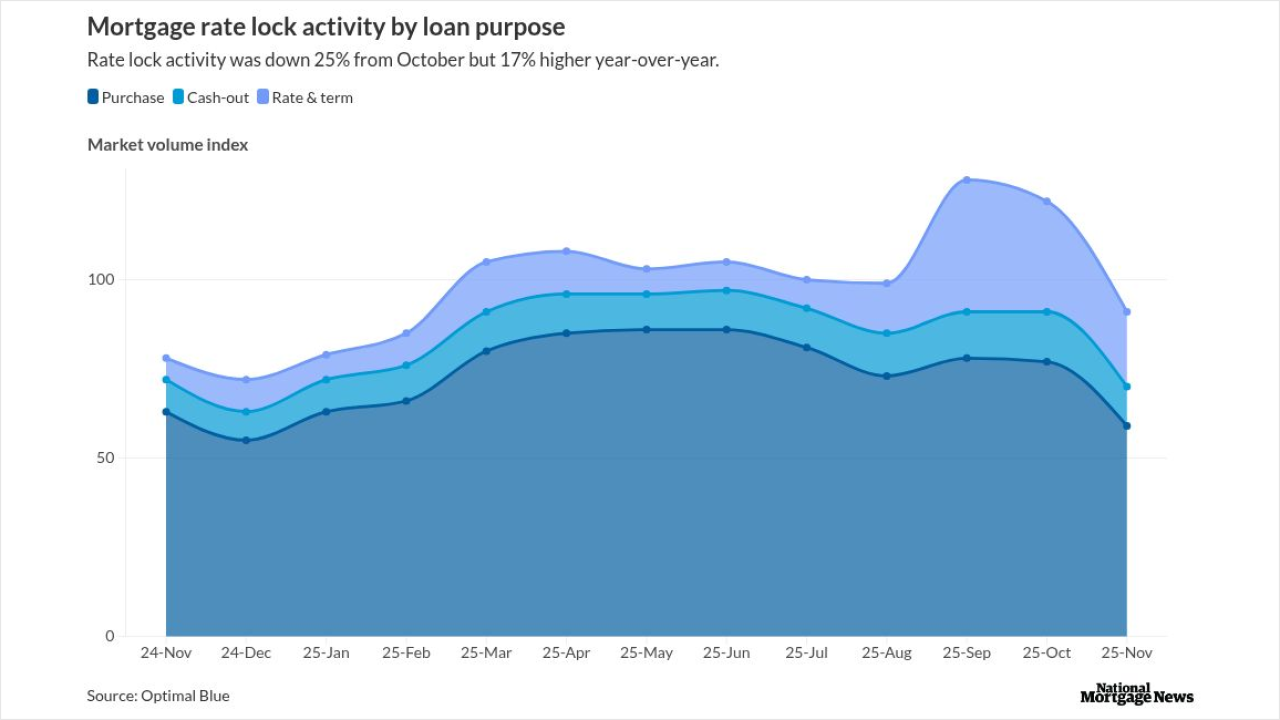Ali Ben Lmadani, ABL Aviation's founder and CEO, has been an active aviation industry entrepreneur since the age of 22, when he started a business leasing ground-support equipment to airlines. In 2014, he founded ABL Aviation in New York and began buying and leasing older aircraft, typically at least 15 years in age, and then mid-life aircraft between five and 15 years of age.
Those aircraft require significant technical understanding, prompting ABL to ramp up its technical expertise. Personnel with aviation industry expertise now account for half the firm's staff, enabling it to recognize when those categories of aircraft were becoming over-valued. In 2017, ABL decided to focus instead on purchasing new aircraft with financing from Japan's Mizuho Bank that it has leased to major airlines including Lufthansa, KLM, El Al and Pegasus.
Soon, however, ABL anticipates the valuations of mid-life aircraft dropping to attractive levels [after previous highs], and it is prepping its first aircraft asset-based securities (ABS) deal for launch in early 2023 Mr. Ben Lmadani spoke to Asset Securitization Report about his firm's approach to valuing aircraft and why it is pursuing securitization financing.
ASR: Why did ABL view valuations of mid-life aircraft in 2016 and 2017 as too high?
Ben Lmadani: There was inconsistent competition. Players were trying to enter the market, but the mid-life market is very specific and knowing the aircraft is key to managing risks associated with the contract. For example, future values were booked too high or maintenance reserve rates too low; there can be a mismatch between future values and assumptions on maintenance cost, maintenance events, scope of work, maintenance reserves, redelivery conditions, market conditions, etc.
We felt that with the high valuations of mid-life aircraft, any downturn could have an impact for owners and asset managers.
ASR: How did that impact the aircraft ABS market?
Ben Lmadani: ABS deals were offering returns of between 16% and 18% to equity investors, and we believed the market should have been between 10% and 15% for mid-life deals, with managers retaining more skin in the game. A lot of investors in the equity notes ended up getting badly hurt. We plan to hold on to a portion of the equity through the life of the deal.
ASR: Why does ABL expect the value of mid-life aircraft to fall?
Ben Lmadani: The market is currently moving very fast based on the global situation. Original equipment manufacturers' (OEMs') production rates, interest rates, oil prices, geo-political instability, inflation, and Covid-19 restrictions persisting in Asia are among the factors reducing demand for mid-life aircraft. OEM deliveries are persisting with an emphasis on new generation aircraft, and that's affecting the valuation of midlife aircraft along with inflation and rate increases.
ASR: How so?
Ben Lmadani: The cost of financing due to ongoing and future regulation makes it cheaper to buy a new aircraft. Mid-life is aircraft product in which technical experience is essential, and that can make it harder to get debt financing from traditional banks.
ASR: How would that obstacle impact the aircraft securitization market and the timing of ABL's securitization?
Ben Lmadini: During the covid pandemic there were few aircraft sales in the secondary market, so investment-grade aircraft leasing companies still have a lot of assets on their books. They need to sell to keep their investment-grade ratings, and keep the average age of their aircraft low. In addition, since their specialty is young aircraft, as plans approach mid-life they need to sell them. So we believe there will be a lot of opportunities to purchase mid-life aircraft at the right price.
As for the timing of ABL's securitization, we are in the process of accumulating a portfolio, and once we have critical mass and the market has calmed down, we will look to securitize it.
ASR: How does ABL's joint venture with SBI Holdings fit in?
Ben Lmadini: SBI is the fourth largest conglomerate in Japan, and the JV gives us access to aircraft owned by Japanese investors that we can acquire and move into the securitization.
ASR: Have you started prepping the deal?
Ben Lmadini: We have started talking to some investors--a mix of insurance companies, asset managers and private equity--and we're working with Mizuho on a warehouse facility to hold the assets. Depending on the size of the portfolio and Mizuho's guidance, we will launch the deal in the Rule 144a market or [traditional] private market.
ASR: Does ABL anticipate becoming a regular issuer in the aviation ABS market?
Ben Lmadini: As long as ABS makes sense. ABS has to be a way to finance transactions and not an exit strategy, which it became when assets were over-valued and managers sold the equity.
ASR: What concerns do you have about the current aircraft ABS market?
Ben Lmadini: One important factor that people don't speak a lot about is the technical capabilities of the asset manager. Before we issue ABS, we'll have spent seven years putting together a technical team and doing nearly $4.5 billion in business. Now you're seeing initiatives that have been in existence six months and they are issuing ABS—that's a worry.




